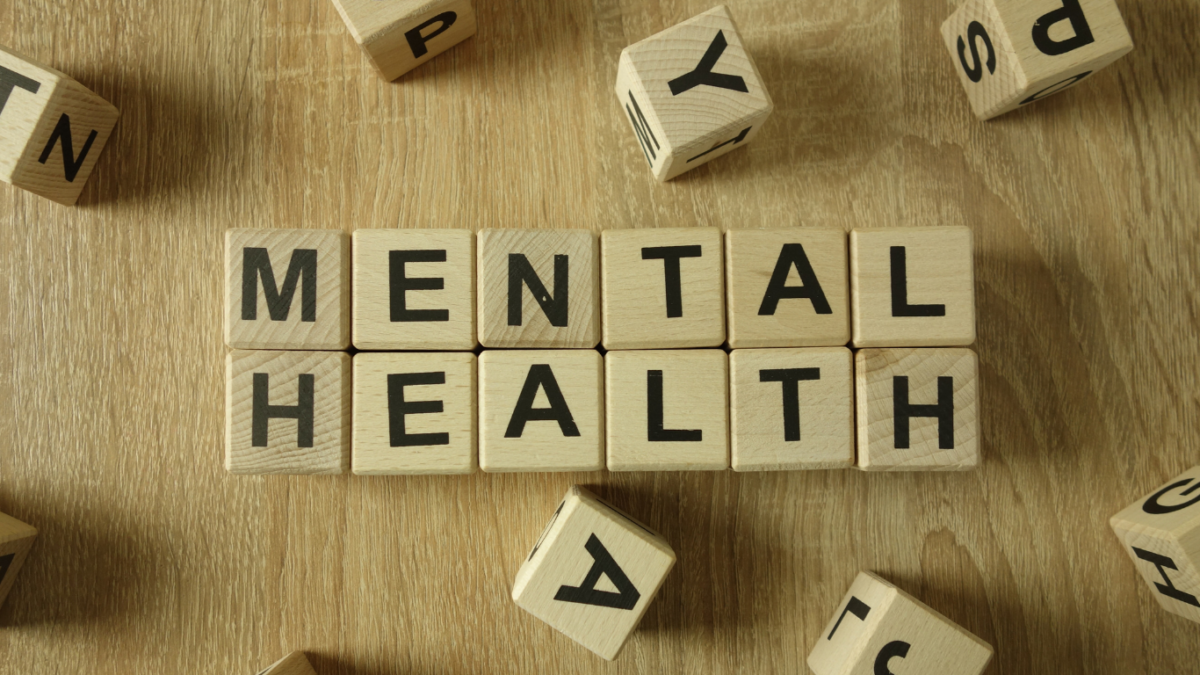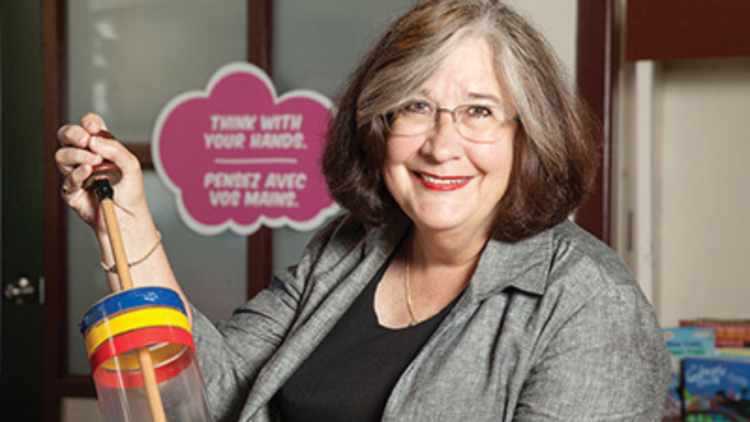In the spirit of Mental Health Week, we at Science Rendezvous want to celebrate those supporting the mental health of Canadians during this critical and difficult time of physical distancing.
A recent study from non-profit Angus Reid Institute on the mental and financial health impact of COVID-19 indicates that half of Canadians report a worsening of their mental health. Yet as Prime Minister Justin Trudeau stated at the beginning of Mental Health Week, “While we must continue to be physically distant, it is more important than ever to remain socially connected.”
This week, the Government of Canada announced several initiatives to help Canadians with their mental health with an investment of $240.5 million to develop, expand and launch virtual care and mental health tools. A Wellness Together Canada is a new innovative, online portal this investment supports to provide free additional mental health support to all Canadians. It connects Canadians to providers such as Homewood Health, Stepped Care Solutions and Kids Help Phone, and includes tools and resources such as wellness self-assessment and tracking, self-guided courses and apps, group coaching and counselling by text or phone. In the three weeks since its launch, more than 150 000 Canadians have accessed the portal. To ensure all Canadians have access to vital mental health care, the Government of Canada is also working with provinces, territories, Indigneous communities and other partners to expand accessibility to these services.
Among those on the frontlines of mental health during this time are University of Ottawa’s Department of Psychiatry Chair Dr. Kathleen Pajer and University of Toronto Scarborough psychology professor Steve Joordens. Joordens launched, “Mind Control: Managing Your Mental Health During COVID-19,” a free online course, with 36 769 people already enrolled and rated 4.8 stars. The course takes approximately four hours to complete with Spanish and Hungarian subtitles, comprises three sections to equip participants in avoiding and controlling anxiety, and provides access to an online community. Meanwhile, Pajer had shifted to virtual appointments and is developing several initiatives that support parents and young people, and potentially use them as an opportunity to strengthen families. She says, “It is normal in this situation to be afraid, sad, angry, hopeless, or even think about death a lot. These experiences are what make us human and are NOT symptoms of mental illness. It is only when those feelings or states will not give you a break, for many days in a row, that you should seek professional help.”
Those potentially impacted the most are our frontline and essential workers. The Mental Health Commission of Canada launched their online crisis response training programs, which are free for essential workers. The three programs, Caring for Yourself, Caring for Your Team and Caring for Others, are based on their successful in-person courses and provide participants with hands-on coping strategies and stress-management skills to help themselves and others. Moreover, a conglomerate of hospitals have been asked to provide additional mental health support for both the public and healthcare workers, including Toronto’s Centre of Addiction and Mental Health (CAMH).
“This is a pivotal moment for a new frontier of telemental health care in Canada – CAMH is reshaping how we deliver care now and into the future,” said Dr. Catherine Zahn, President and CEO of CAMH in a statement, “While we are apart right now, no one is alone and technology is helping to keep populations and patients connected during this difficult time.” Approximately 3000 virtual care visits were done just in the month of April, which is about the same amount as in the year of 2019.
The pandemic has accelerated the move towards virtual platforms. For some programs at CAMH, it’s the first time they’re being moved into virtual care. In-group therapy, which had all been cancelled, will soon go online and 400 practitioners are now trained in virtual care as opposed to the 50 prior to the pandemic.
CAMH offers free on-line resources for assessing anxiety and stress and recently converted these web-based tools into an app anyone can download, adds Dr. Joanna Yu, Senior Project Manager of BrainHealth DataBank Initiative, Krembil Centre for Neuroinfomatics at CAMH and who also sits on Science Rendezvous’ Board of Directors. .
The BrainHealth Databank team has also been impacted by the increase in demand for virtual care. The team has been collaborating with CAMH clinics to support remote digital delivery of measurement-based care. Measurement-based care is part of CAMH’s evidence-based and patient-centred care practices and has been shown to lead to better patient outcomes. Prior to the pandemic, patients would be handed an electronic tablet in the clinic to complete self-report questionnaires. The move to virtual care means a survey link is emailed to patient’s to complete before their virtual appointments. In both scenarios, the use of digital technology makes this process efficient by providing physicians immediate access to results and summary report. A recently funded new study will be conducted to evaluate patient outcomes, as well as successes and barriers, related to virtual care implementation of CAMH’s depression integrated care pathway.
It is heartening to see all the work that Canadians are doing to support our mental health and it is becoming increasingly clear we need to maintain our mental health. Besides sustaining regular sleep patterns, eating healthy, being active, and maintaining our social networks, there are many online resources, listed here and beyond, that we can turn to. To quote Prime Minister Justin Trudeau, “To get through this, we all need to be there for each other. If you know someone who is having a hard time, send them a text or give them a call. If you are struggling, reach out and ask for help. There is no challenge that we cannot overcome together.”


































